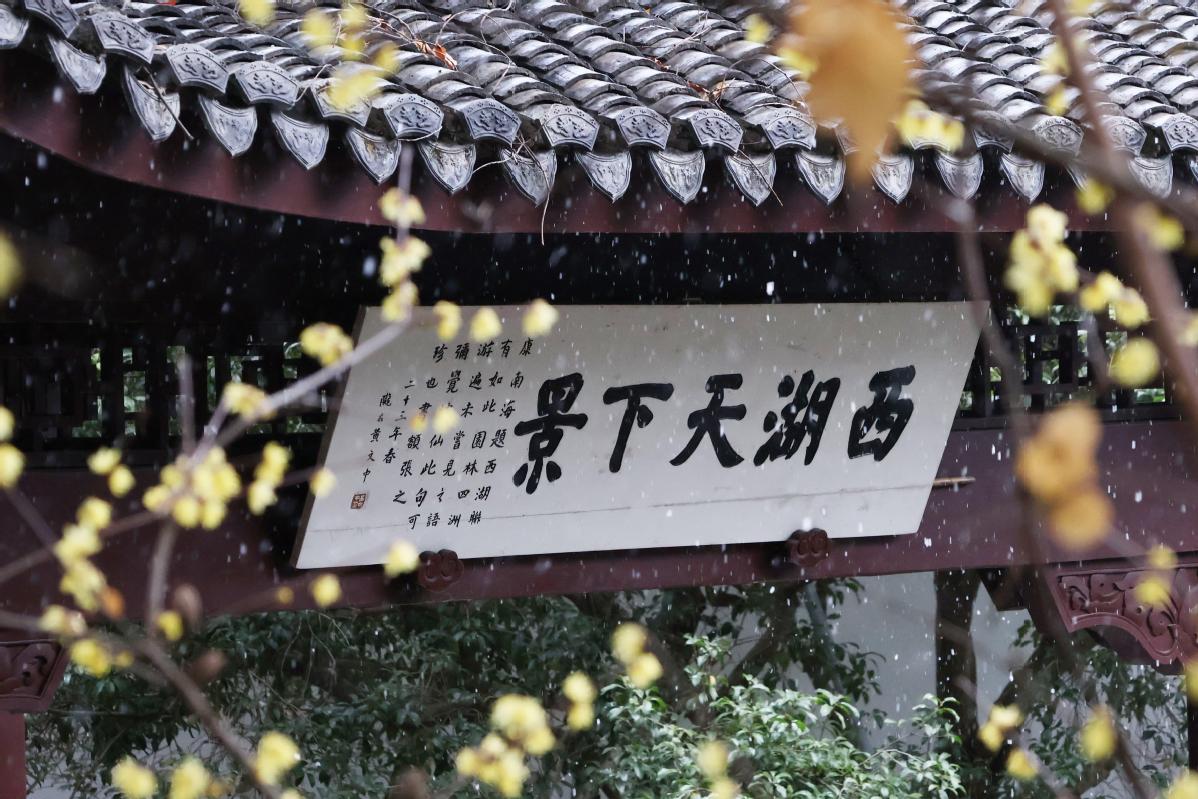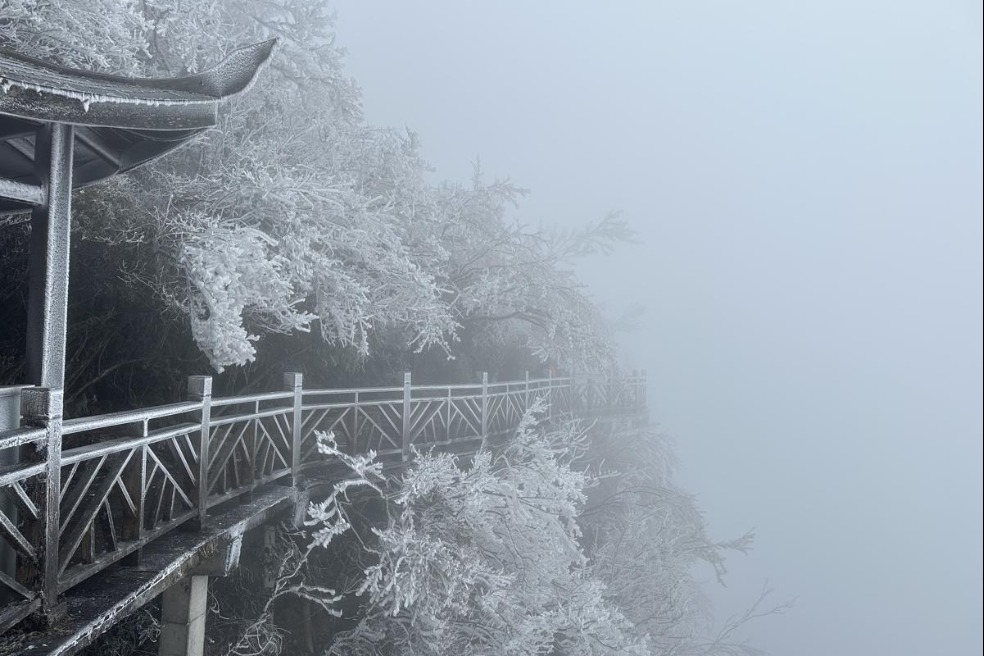Cleanup pours cold water on hoteliers' dreams

A sliver of hope
The Lemon Tree Inn in northwestern Dali's Shuanglang township, which lies on the shore of Lake Erhai, reopened on Oct 1. Although it is a high-end hotel with a view of the lake, only a few guests stayed there during the National Day holiday.
Wu Xin, a 30-year-old receptionist at the inn who arrived in Shuanglang two years ago, has witnessed the dramatic development and sudden reversal of tourism.
Generally, October is the low season for tourism in Yunnan. The only exception is the area around Erhai Lake, where hotels that offer a view of the water usually enjoy healthy occupancy rates. Last year, however, things were different and most hotels were empty.
"The new regulations are devastating for the hotel industry. There are many ways to control pollution, but the closure of our hotels should be the last resort because it is ruining our future," Wu said.
The uncertain market and the demands of the new policies have seen many hoteliers sell up, scrambling to get decent prices for their establishments.
"Even though we all feel pessimistic about the future, some people harbor hopes of restoring their businesses," Wu said.
The streets of Shuanglang were once packed with bars full of tourists, but now only four or five are still open, catering to about 12 customers a day. One bar owner, a native of Northeast China, said he was concerned about falling revenue but he hoped the downturn would only be temporary.
Hard revival
Before Dali's tourism boom, residents of Jinsuo Island in Erhai Lake made a living by fishing. When tourists began arriving in large numbers, they saw a chance to make more money and raise their living standards.
When the government ordered the closure of all the hotels on the island, their businesses were severely affected.
The first hotel on the island was opened by Xu Feilong and two friends who came to Dali from Fujian province in 2013, attracted by the scenery.
According to Xu, tourism developed rapidly after 2015, and people flooded to the island, meaning there was no need to advertise. Soon after opening, the hotel was always 70 percent full, and he had to start a booking system to avoid turning away hopeful guests.
"We have invested 10 million yuan in the hotel. When we started in 2013, we expected a payoff in five years but only 25 percent of the outlay has been recovered," he said, adding that he was shocked by the effect the new regulations have had on the island's hotel trade.
"I would never have imagined that all the restaurants and hotels would be closed suddenly because of a few pieces of paper."
During the 18-month wait, Xu stayed in Dali and prepared to reopen. In September, he applied to obtain the requisite certificate, while refurbishing the premises and upgrading the fire alarm system to meet the new standards.
The hotel reopened in October, but despite a number of discounts and promotional activities, the occupancy rate has stubbornly remained at 20 to 30 percent.
Though disappointed, Xu still supports the government's decision. "Local residents and entrepreneurs will benefit from the protection of Erhai Lake in the long run. After all, who will visit if it is polluted?" he said.
By the end of last year, 1,806 households within the original protection zone had been relocated, laying the foundations for an ecological corridor to be built around the lake, according to Dali TV.
To compensate those involved for the closure of their businesses and loss of revenue, the local government has brought in a third-party assessor to evaluate the losses and calculate the funds required to open new hotels. When the work has been completed, the government will award a lump sum, and the hoteliers will decide between themselves how the money will be divided.
- Good start for new five-year plan stressed
- Former Hainan official sentenced in bribery case
- Hangzhou residents enjoy rare snowfall
- Artificial reefs part of successful marine conservation efforts in Guangdong
- Zigong lantern festival combines cultural heritage with advanced technology
- Woman executed for abusing and killing stepdaughter





































